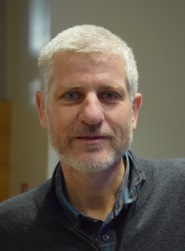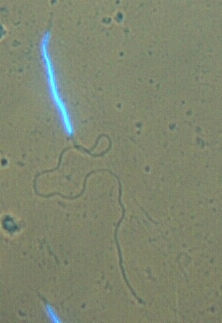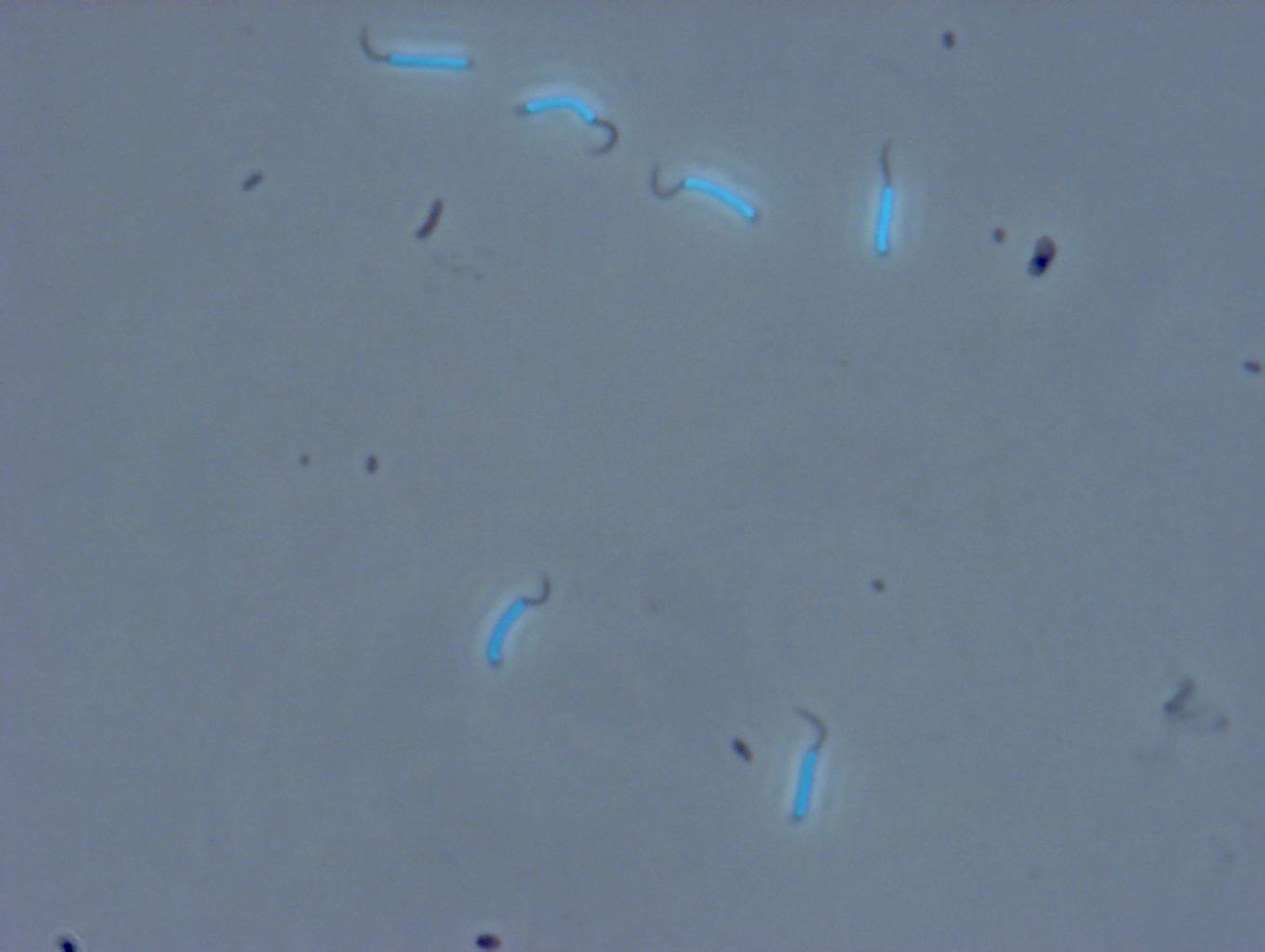Directory

M. Christophe Bressac
Teacher-researcherContact details
Parc de Grandmont 37200 TOURS
- Phone 2
- 0247367102
- christophe.bressac@univ-tours.fr
Taught academic discipline(s)
My teaching activities are in the field of livestock production, especially poultry farming. The teaching in vocational training includes fundamental contributions and role-playing. For the agricultural and agri-food sectors, the major challenge is to meet societal and environmental expectations, while remaining competitive. In masters and professional license, my courses begin with reminders of biology and zootechnics, which allows students and apprentices to revise or acquire basic notions in nutrition, animal feed, product certification. Then, the practical applications are worked on with topical themes, newspaper articles, company visits and practical work, this allows you to acquire the essential methodology. Finally, group projects and a tutored project in connection with a company make it possible to synthesize these fundamental and professional elements. The follow-up of the internship or apprenticeship mission allows real-life situations and validation of skills for rapid integration into the world of work.
The proper functioning of these courses requires knowledge of the field and a solid network of partner professionals, many of whom are former students of our courses.
The proper functioning of these courses requires knowledge of the field and a solid network of partner professionals, many of whom are former students of our courses.
Research topics
Sexual selection is an evolutionary constraint that selects the most favorable adaptations for reproduction. In males, this leads to many morphological and behavioral traits that allow them to access females by eliminating rivals. There is also a form of hidden sexual selection, which is called post copulatory because it acts inside the body of females in species with internal fertilization. This is the case with insects. The anatomical observations at the level of the organs make it possible to describe the adaptations related to the competition between the spermatozoa of the males in the tract of the females, it is sperm competition. This evolutionary force leads to larger testis, which make it possible to produce more gametes, spermatozoa with particular morphologies, which compete with those of other males. Thus, the longest spermatozoa in the animal kingdom are observed in an american Drosophila, they are 6 cm long in the body of a fly which is 0.4; at the other extreme the shortest are those of a parasitoid wasp, Cotesia congregata, they measure 6.7 µm, barely more than a bacterium.
In females, the spermatheca receives the sperm and stores them until fertilization, in some species several years. Another evolutionary force then acts, it is the cryptic choice of females, which can allow a female to sort the gametes of the different males with whom she has agreed to mate. Resisting this choice of females represents another form of selection for males, enhancing sperm diversification.
My research aims to observe, describe, understand and interpret these anatomical and cytological adaptations at the light of post-copulatory sexual selection. My tools are stereomicroscopes, very fine forceps (some organs measure less than 25 µm, a 40th of a millimeter), microscopes, fluorescent markers and a lot of patience.
My biological models are fruit flies for giant and heteromorphic spermatozoa (a male produces spermatozoa of two different lengths), parasitoid wasps Braconidae (dwarf spermatozoa), Pteromalidae (spermatozoa/oocytes ratio close to 1/1), and recently the black soldier fly, Hermetia illucens which will soon tell you the beautiful story of its large testis and its three spermathecae.
Publications on Researchgate, https://www.researchgate.net/profile/Christophe-Bressac
In females, the spermatheca receives the sperm and stores them until fertilization, in some species several years. Another evolutionary force then acts, it is the cryptic choice of females, which can allow a female to sort the gametes of the different males with whom she has agreed to mate. Resisting this choice of females represents another form of selection for males, enhancing sperm diversification.
My research aims to observe, describe, understand and interpret these anatomical and cytological adaptations at the light of post-copulatory sexual selection. My tools are stereomicroscopes, very fine forceps (some organs measure less than 25 µm, a 40th of a millimeter), microscopes, fluorescent markers and a lot of patience.
My biological models are fruit flies for giant and heteromorphic spermatozoa (a male produces spermatozoa of two different lengths), parasitoid wasps Braconidae (dwarf spermatozoa), Pteromalidae (spermatozoa/oocytes ratio close to 1/1), and recently the black soldier fly, Hermetia illucens which will soon tell you the beautiful story of its large testis and its three spermathecae.
Publications on Researchgate, https://www.researchgate.net/profile/Christophe-Bressac
Activities / Resume
Administration
- Leader of IMIP teams - Intercations between Insects, Microbios and Plants - of the reserach institute of insect biology - IRBI
- Head of master degree in livestock production and agrosciences, and bachelor in livestock sustainability
- Member of the Coinseil National des Universités
- Member of the administrative council of the WPSA (World Poultry Science Association)
 spermatozoïde "moyen", chez Campoplex, spermatozoïde nain, chez Cotesia
spermatozoïde "moyen", chez Campoplex, spermatozoïde nain, chez Cotesia 
